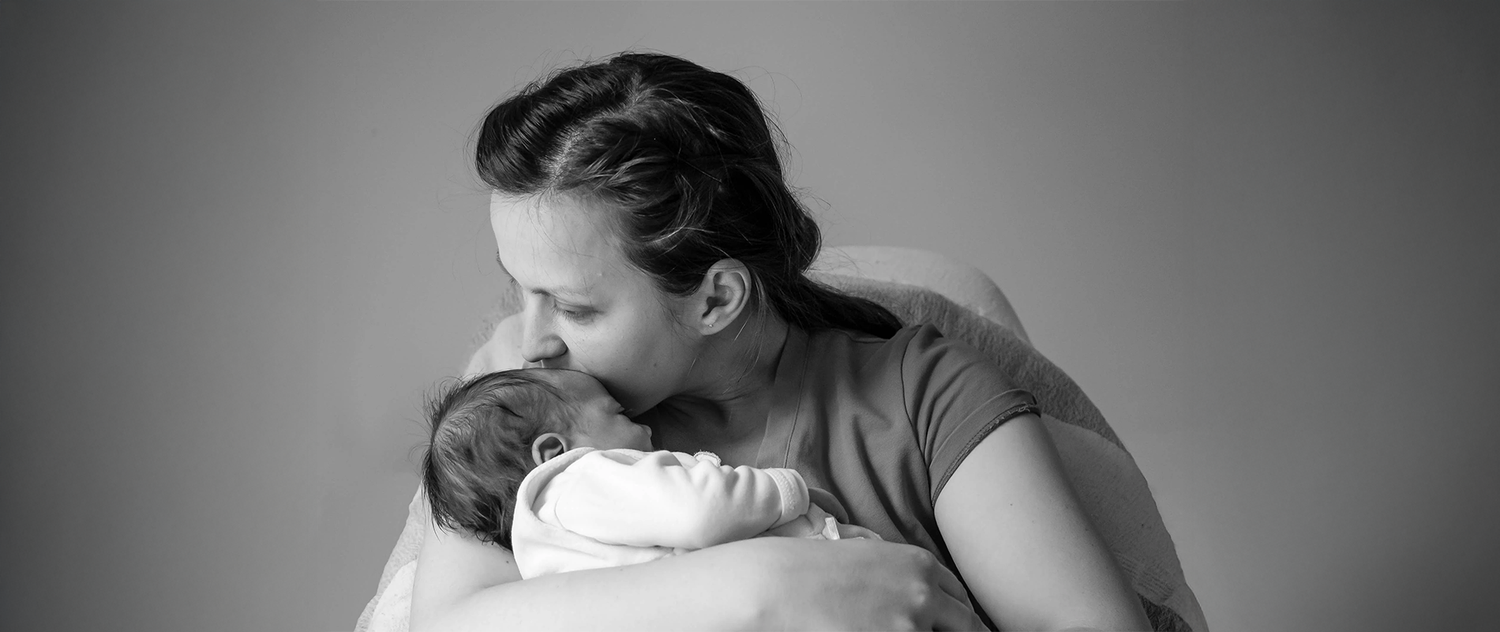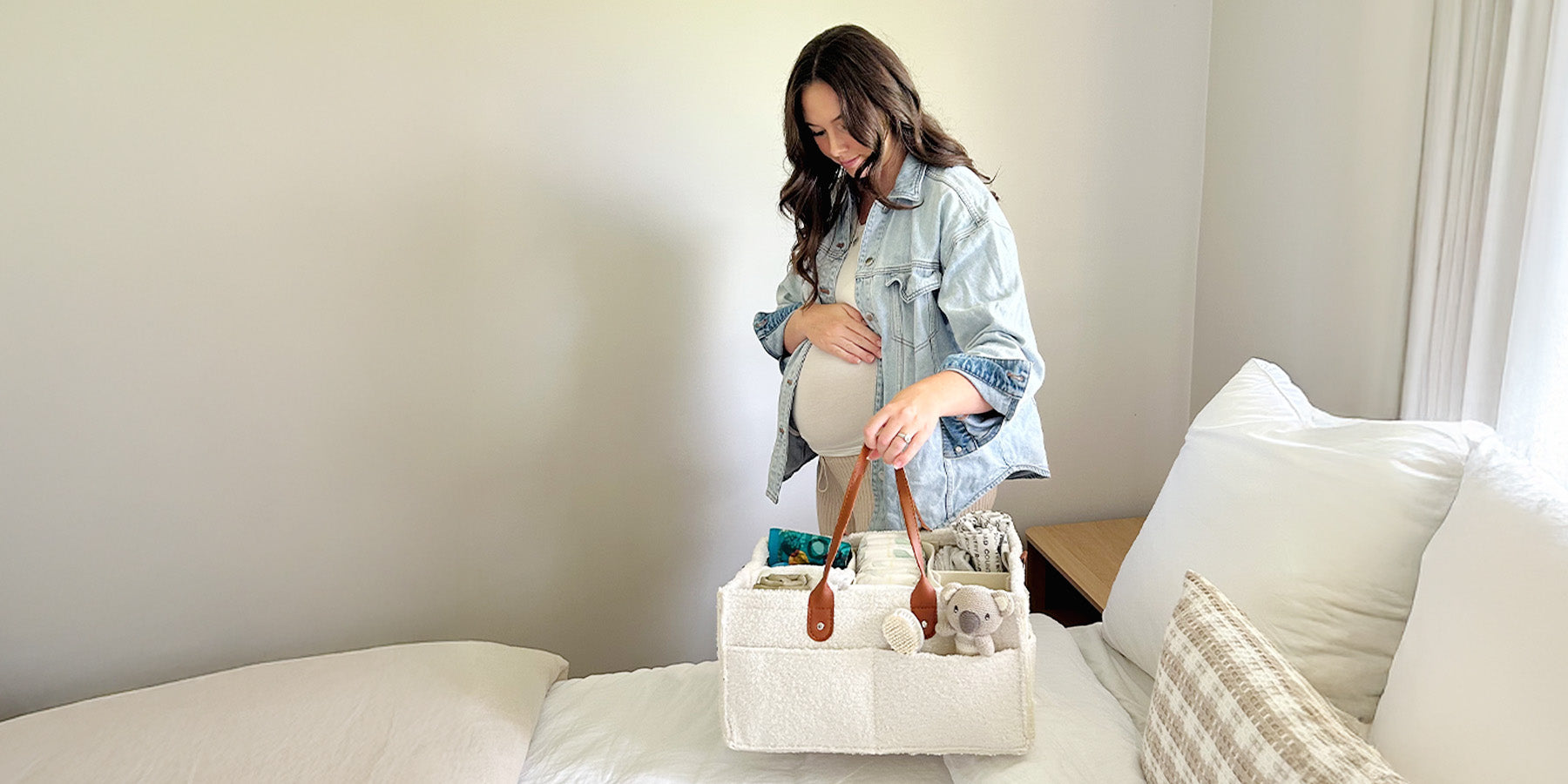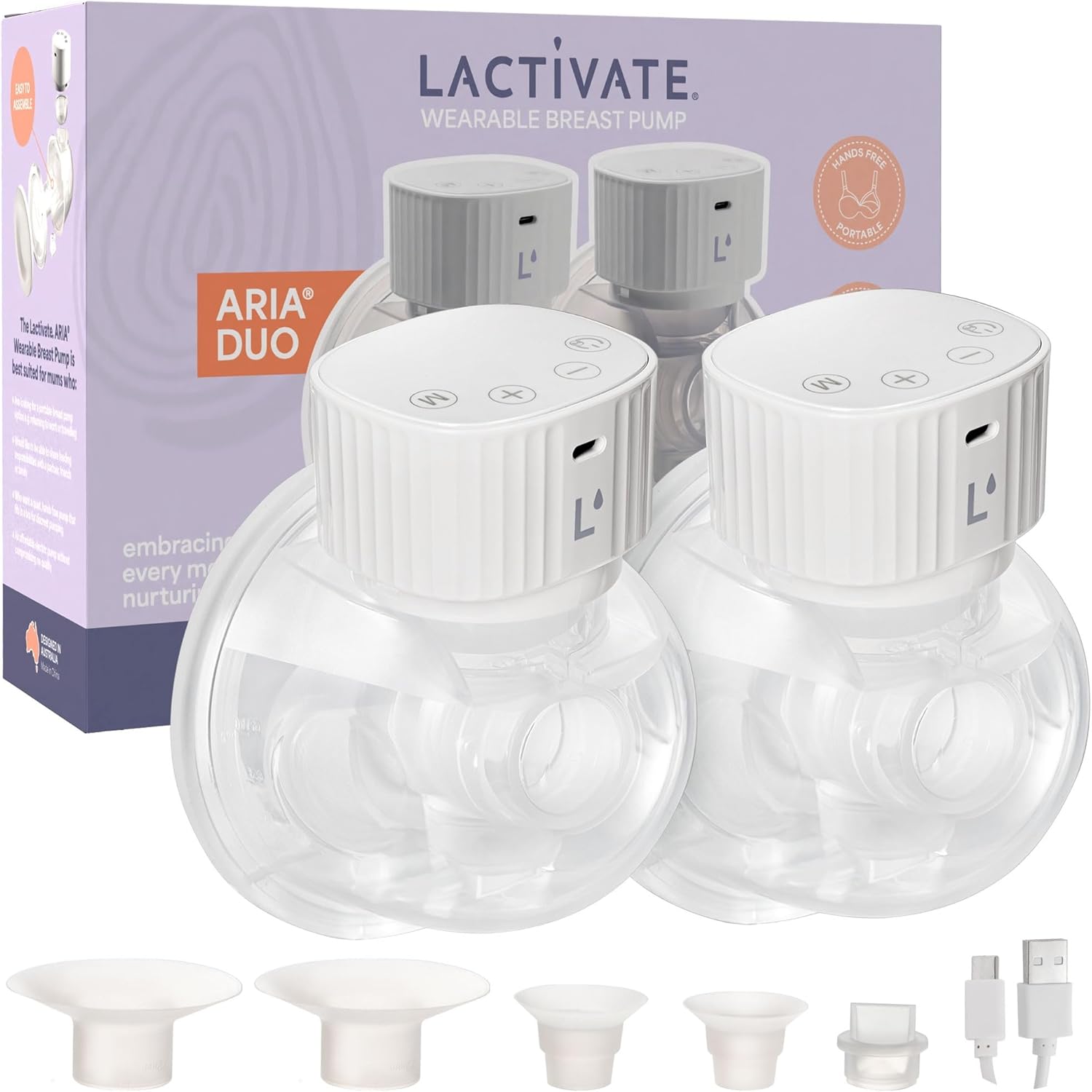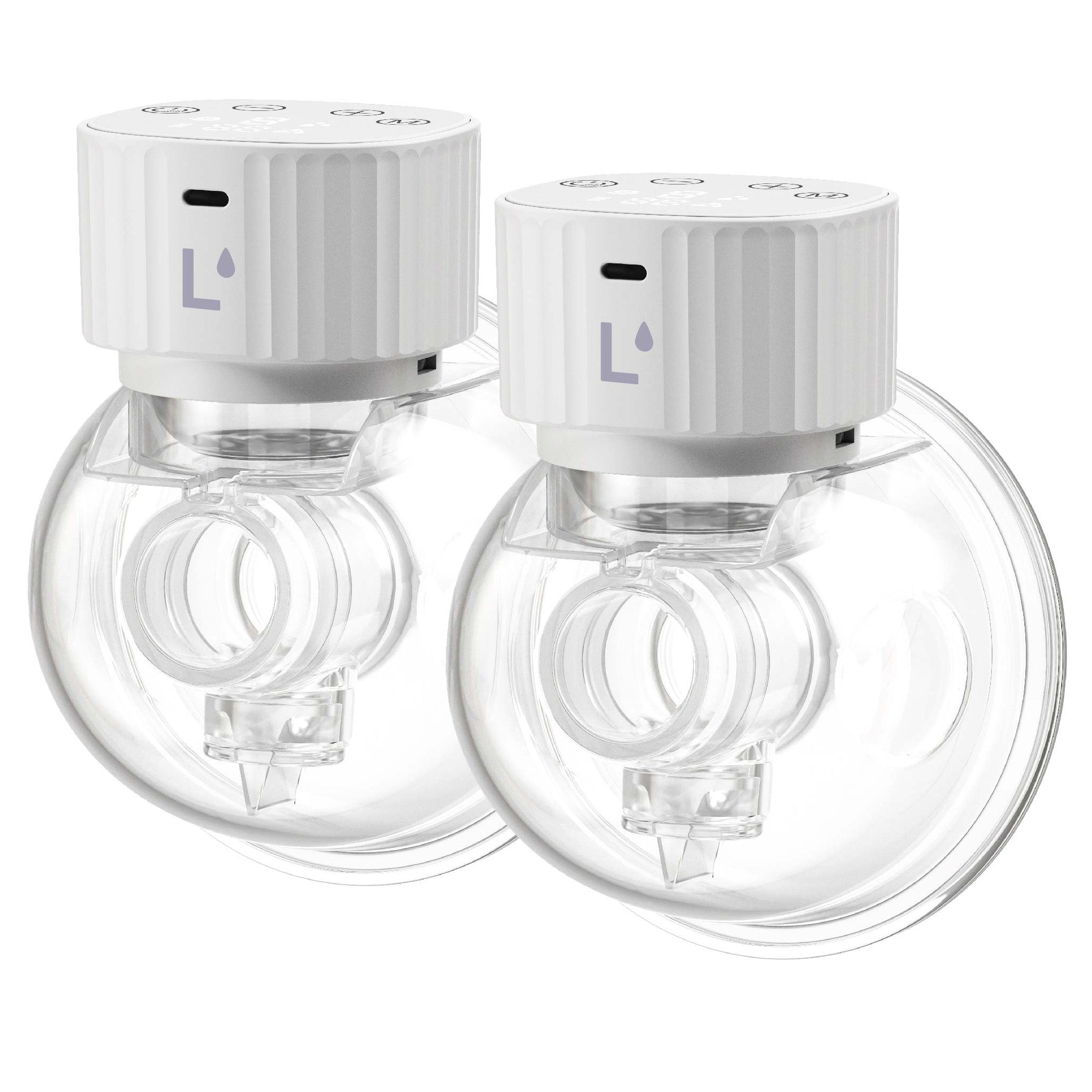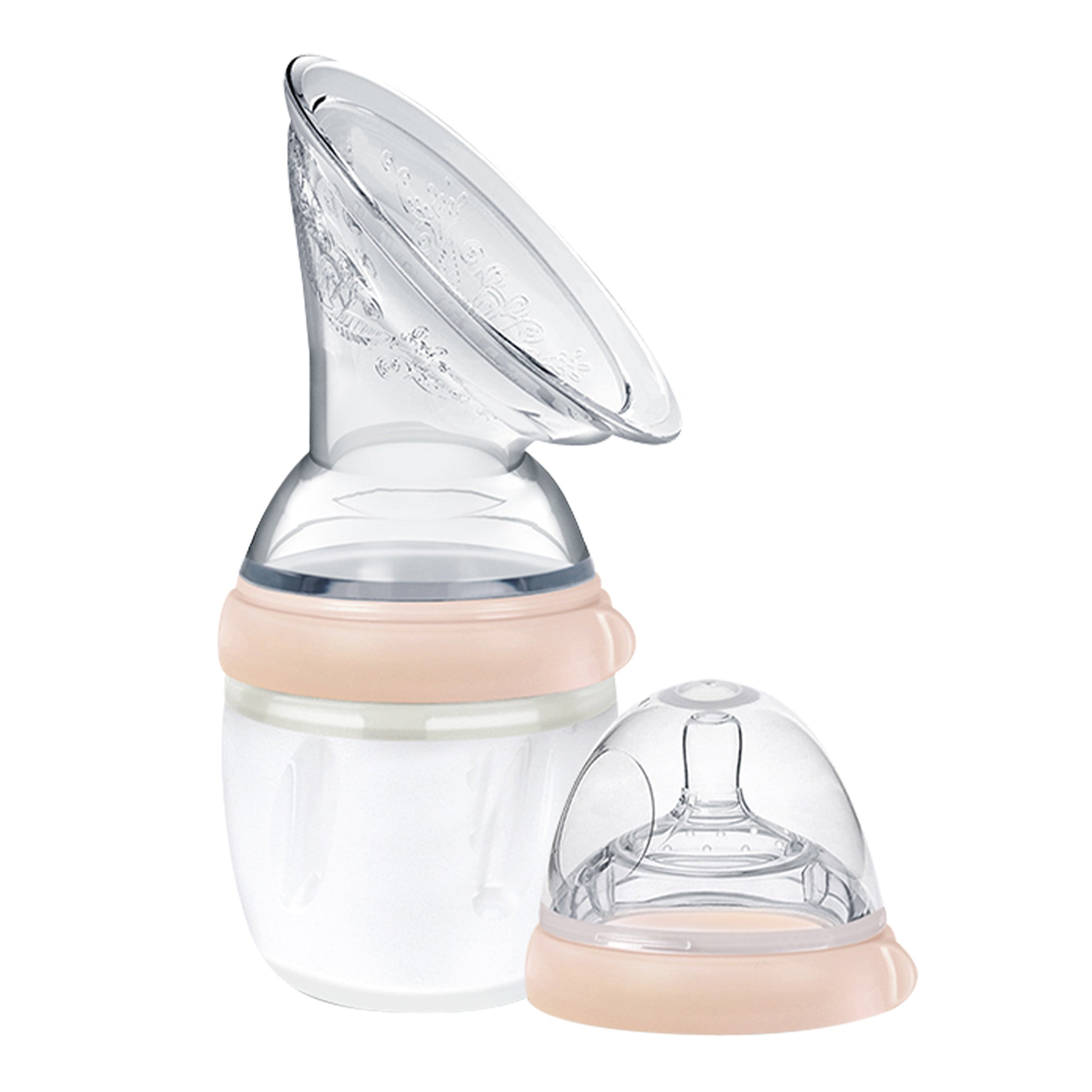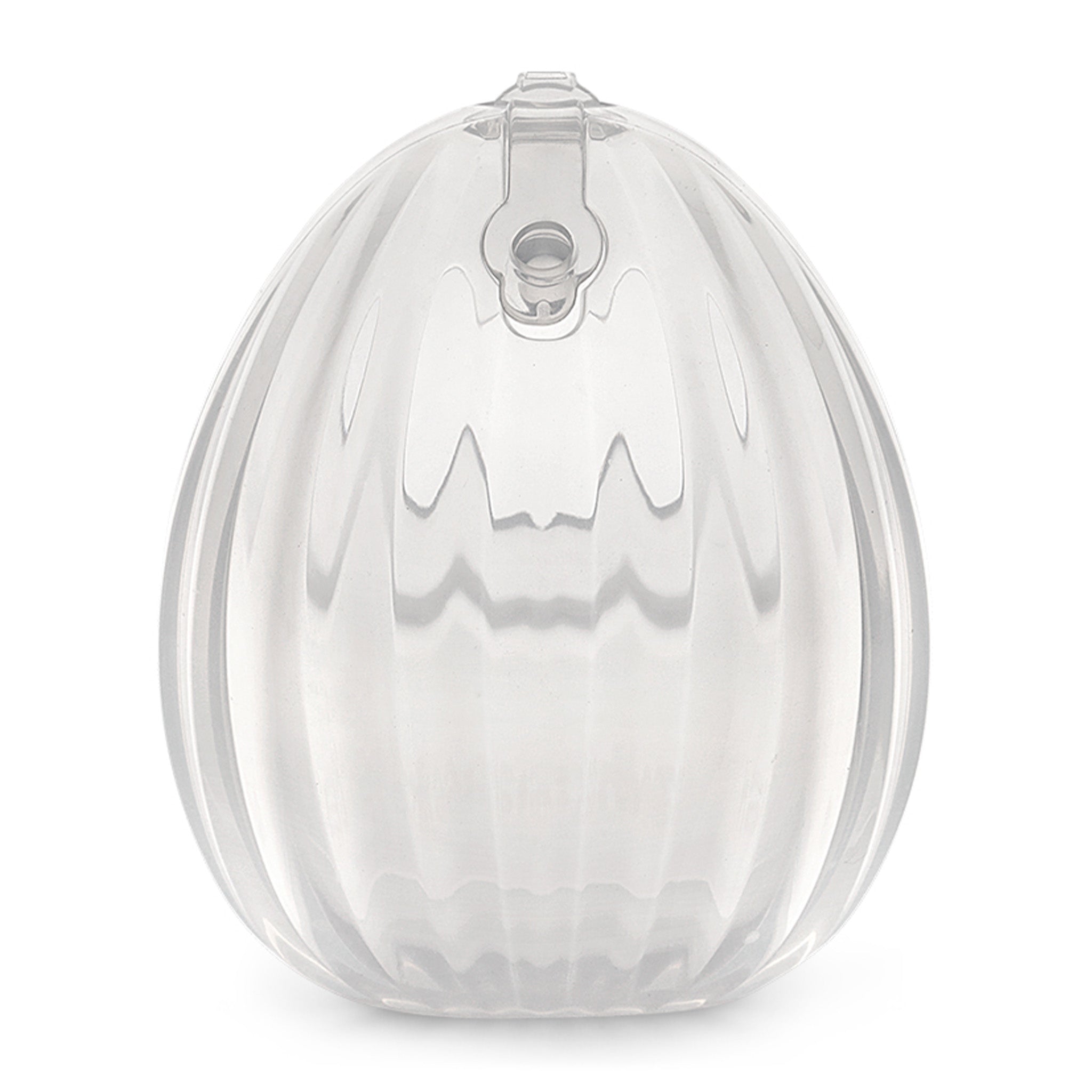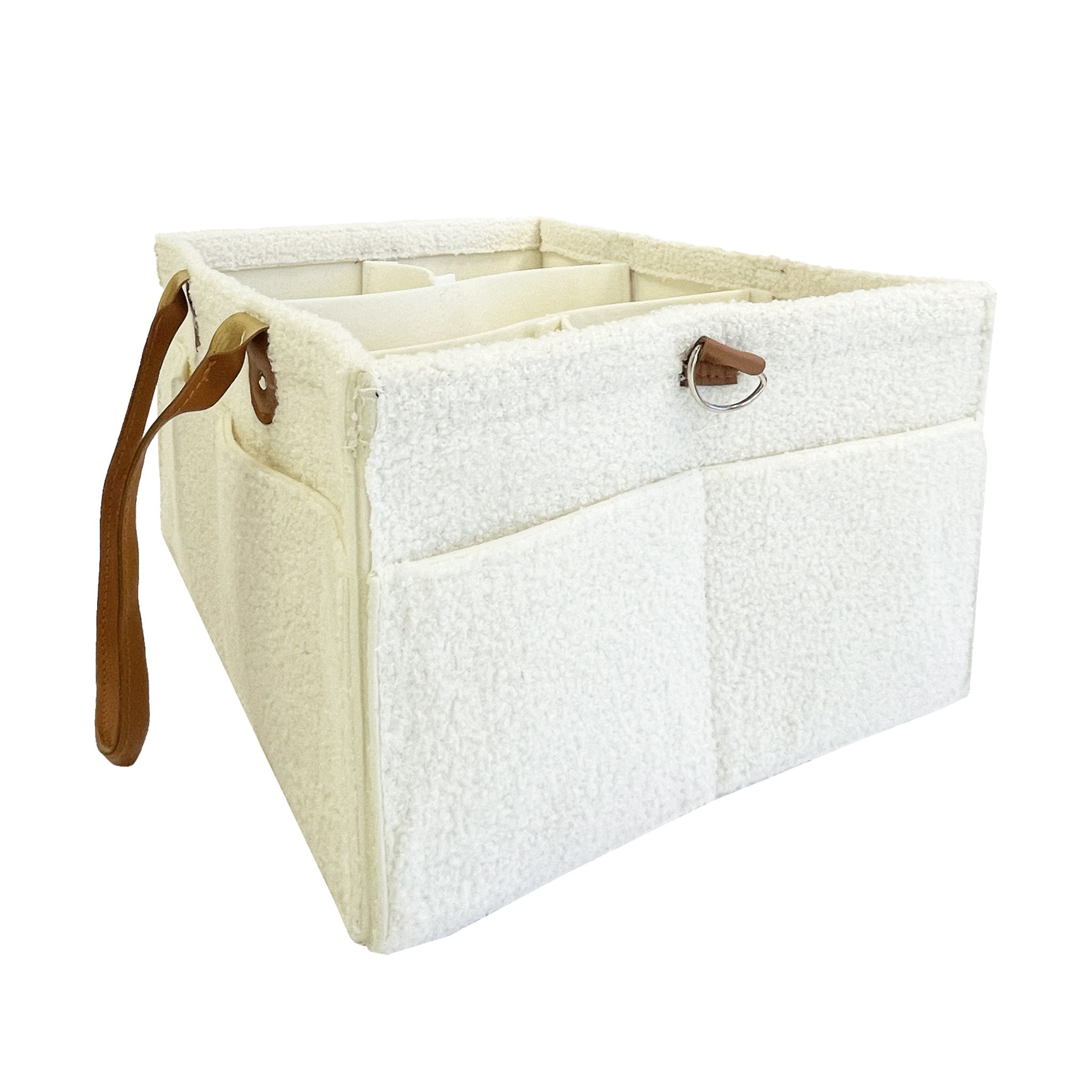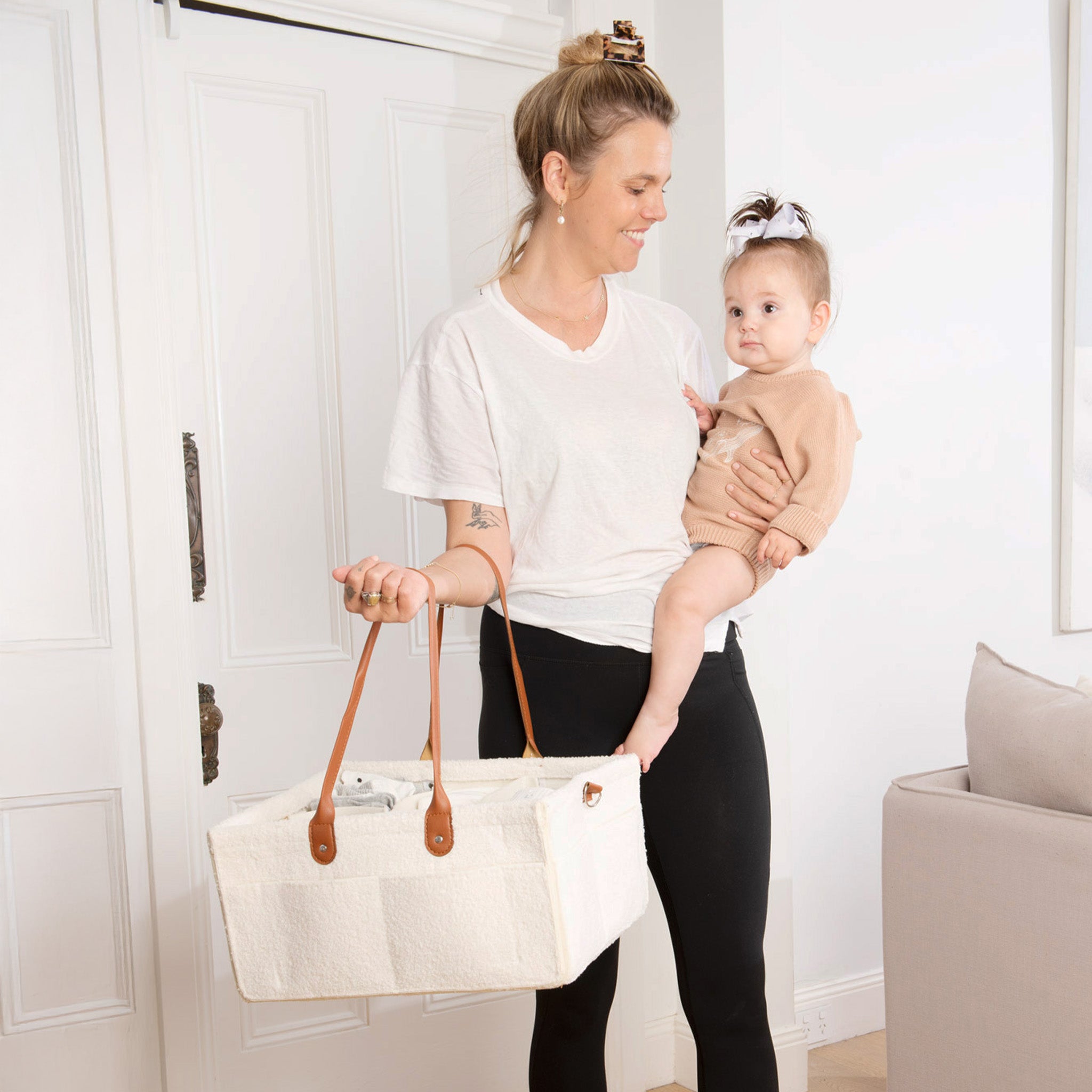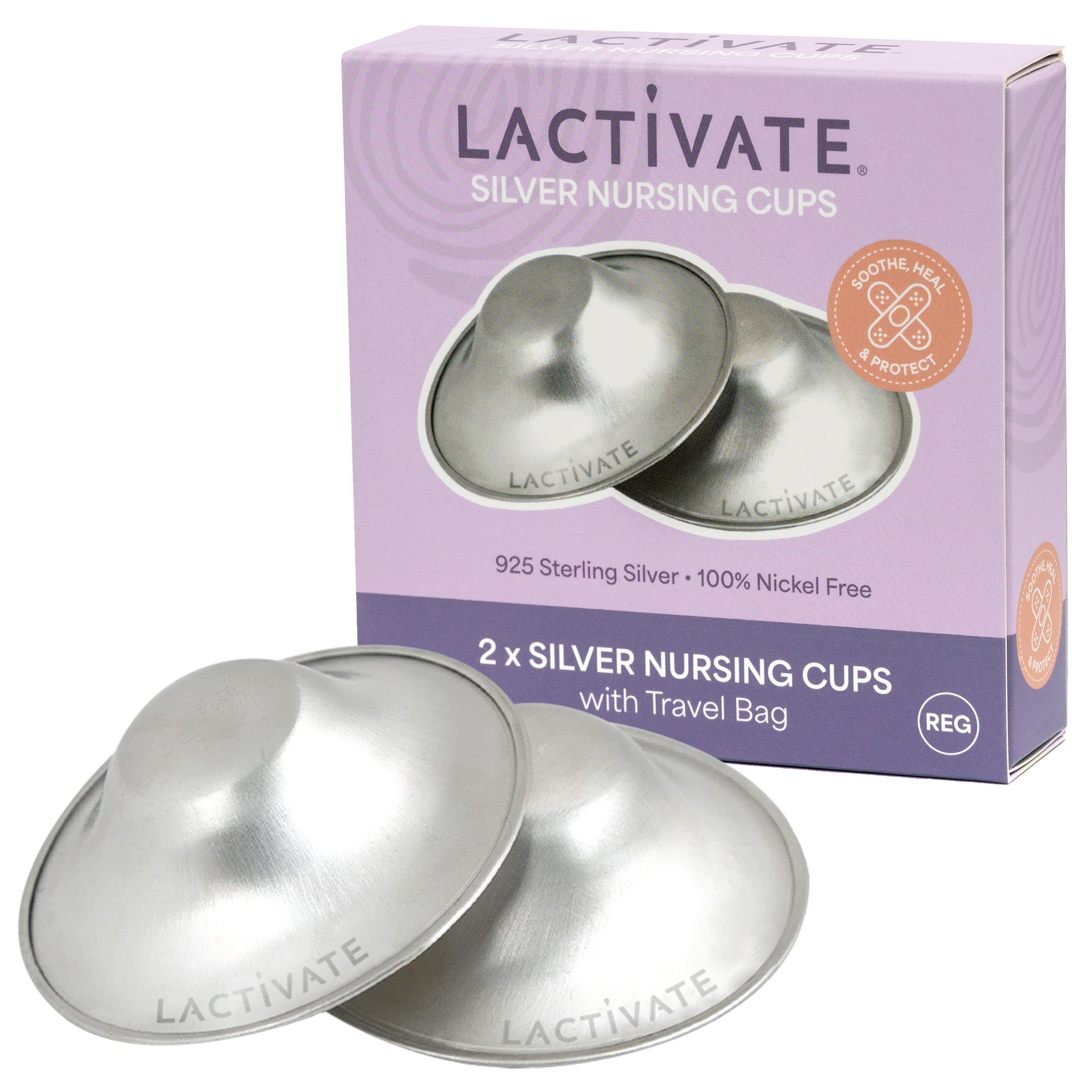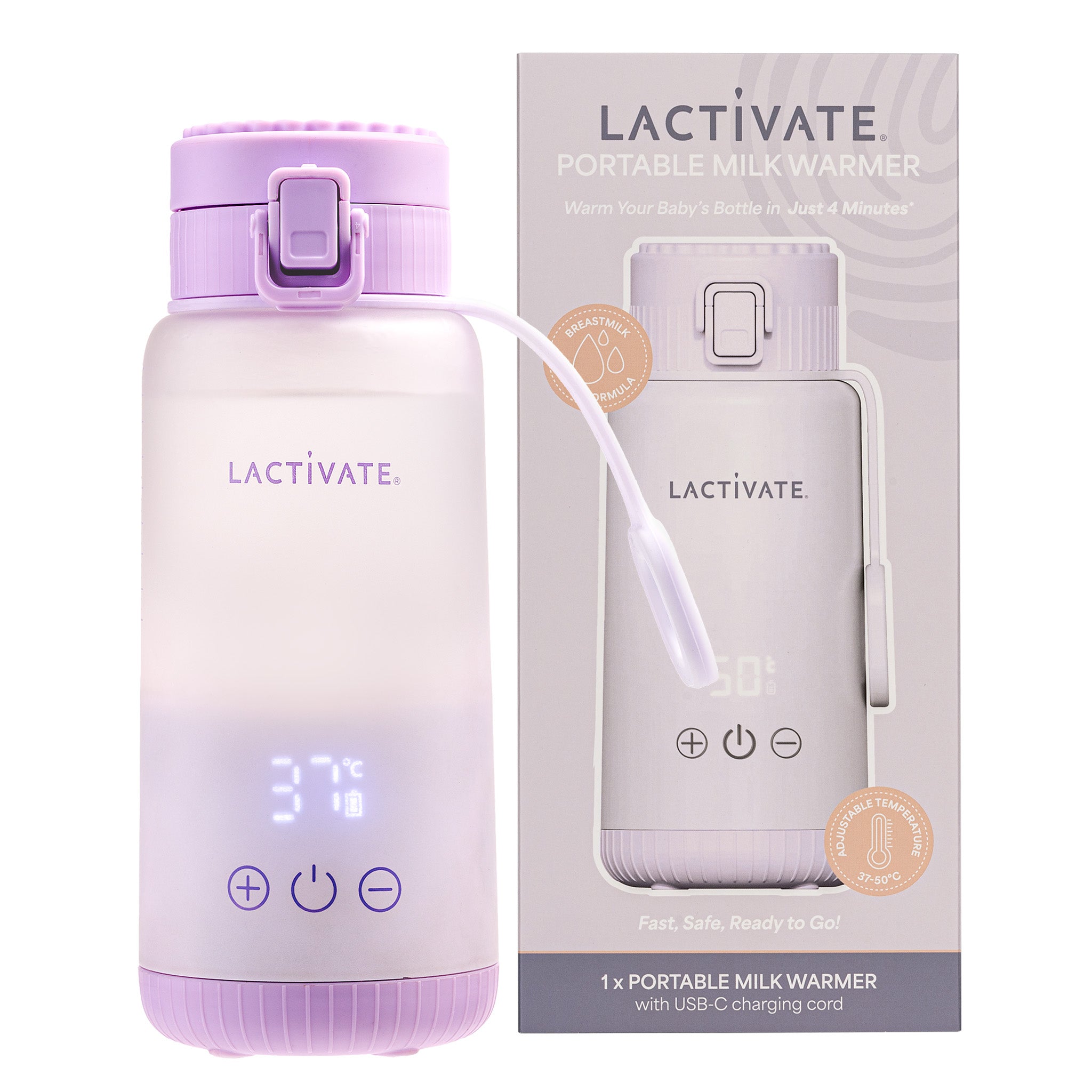Most women face challenges when learning to breastfeed and often for some time afterwards. Babies go through different developmental periods and can become fussy, mums can have physical concerns such as sore nipples and mastitis, or there can be the problematic issues of tongue-tie and poor latching.
Many mothers will face at least one, if not several obstacles while breastfeeding, but this doesn’t have to mean that breastfeeding is not for you. Identifying any hurdles you encounter and knowing when to seek professional advice will help you overcome these problems and continue breastfeeding your little one.
Engorgement
Otherwise known as feeling like you've got a couple of rocks strapped to your chest. This is when there is a build-up of milk and fluids in your breasts. This can occur when you milk first comes in, if you are unable to breastfeed or express for longer than normal or if your breasts are not being properly emptied during a feed.
Engorgement in itself is not a major problem however prolonged engorgement can lead to mastitis and blocked milk ducts. OUCH!
I encountered this when I was weaning my daughter off night feeds. My breasts were so huge and full (awesome cleavage though – I’m usually an A-cup!) that I couldn’t feed my little one straight away.
Engorgement can be managed in a few different ways. Heat and massage are the two methods that the experts recommend for helping to soften tissue. A warm shower or wash cloth/heat pack (we love the LACTIVATE Ice and Heat packs) and some firm pressure can work really well, as can gently massaging the milk downwards towards the nipple while feeding.
You can find out more about managing engorgement here
Blocked Milk Ducts
A blocked milk duct is a blockage within the ducts that transport your milk. It feels like a hard lump within your breast and may sometimes be sore or red.
To avoid blocked ducts make sure your breasts are emptied regularly (by either breastfeeding or expressing) and that your baby has a good latch (you can find out more about getting a good latch here.)
You can relieve the pressure by gently massaging the lump both before and after feeds. You can do this manually or by using a tool like a massager, an absolute game changer for helping to relieve pressure and soreness (and blocks and plugs) and help get your milk flowing.
It also helps to feed from the blocked breast first to make sure that it is drained while bub is hungry and sucking strongly. Also, having your baby positioned below the blockage (if possible) can help to draw the milk out.
Mastitis
Mastitis is a serious infection that occurs when the milk in a blocked duck leaks into the surrounding breast tissue. The tissue will feel hot and sore to touch and you will feel like you are coming down with the flu with symptoms such as shivering, aching and exhaustion.
You can apply a cold compress to reduce the swelling and provide some relief, but if you suspect you have mastitis then you need to see your GP or healthcare provider immediately because things can go south very quickly.
The Australian Breastfeeding Association has plenty of advice about mastitis here.
Sore Nipples
Sore nipples are incredibly common in the beginning as both you and your baby are learning to breastfeed. I had cracks that ran from the top to the bottom of my nipples and breastfeeding felt like razor blades. It can be painful and adjusting to being a ‘milk-tap’ takes time.
You can continue to breastfeed, however if you become too sore then you may want to try some nipple shields, which will protect your breasts during feeds. A nipple cream can soothe and heal your areole after feeds and lessen the time it takes them to return to normal. Allow your nipples to get plenty of air and, if you can, leave your bra off as much as possible. Breastmilk itself is super healing and applying to your nipples after each feed can with cracks and soreness.
Our Lactivate® Silver Nursing Cups are a game changer for breastfeeding mums. Handmade, eco-friendly, easy-to-use and here to bring you some much-needed comfort and relief. It’s one of those products that we constantly hear “I wish I had when breastfeeding my children” and recommended as an essential hospital bag item. Handcrafted from 925 sterling silver and 100% nickel free, Lactivate® Silver Nursing Cups are designed to be used between breastfeeding sessions to help protect, soothe and heal damaged nipples. Silver has natural antibacterial and anti-inflammatory properties, which may help prevent nipple damage and promote healing.
Learn more about the Lactivate® Silver Nursing Cups here.
Remember that if you can, continue to breastfeed as it will pass, but if you are in too much pain then don’t simply suffer. Speak to a qualified lactation consultant or IBLC who can work out what is going wrong and find a solution so that you can feed, pain free.
Poor Latch
A shallow or poor latch can often contribute to sore nipples and blocked milk ducts. It took about six months for me to feel really comfortable breastfeeding and even now my daughter has a shallow latch on the right side.
It is important for you and your baby’s health and comfort that you establish a strong latch. This will allow your breasts to drain properly and bub to get the maximum nutrition and milky goodness from feeds.
See our guide ‘How to Get a Good Latch’ for more information or speak to a trained lactation consultant.
Tongue-Tie
A tongue-tie is when a fine piece of skin (lingual frenulum) is attached under the baby’s tongue. This restricts tongue movement and can cause problems when breastfeeding, as the baby is unable to latch properly and obtain enough milk.
Some of the symptoms of a tongue-tie can be nipple soreness (as Bub cannot pull the nipple far enough back into the mouth), frequent detaching from breast, sucking in a lot of air or clicking sounds and in extreme cases – failure to gain weight.
If you encounter any problems with breastfeeding then you should ask a qualified and experienced IBLC to check for a tongue-tie. If this is causing breastfeeding problems then the attached skin can be snipped or lasered.
Often women are led to believe that breastfeeding is a natural and straightforward process and a lot of mums can feel guilty if they experience difficulties. Breastfeeding can be a beautiful and deeply connecting experience but it also takes time, practise and perseverance.
If you are struggling with breastfeeding and you need more help then speak to your GP, a lactation consultant, community nurse or call the Breastfeeding Helpline on 1800 686 268 to speak to a trained counsellor.

